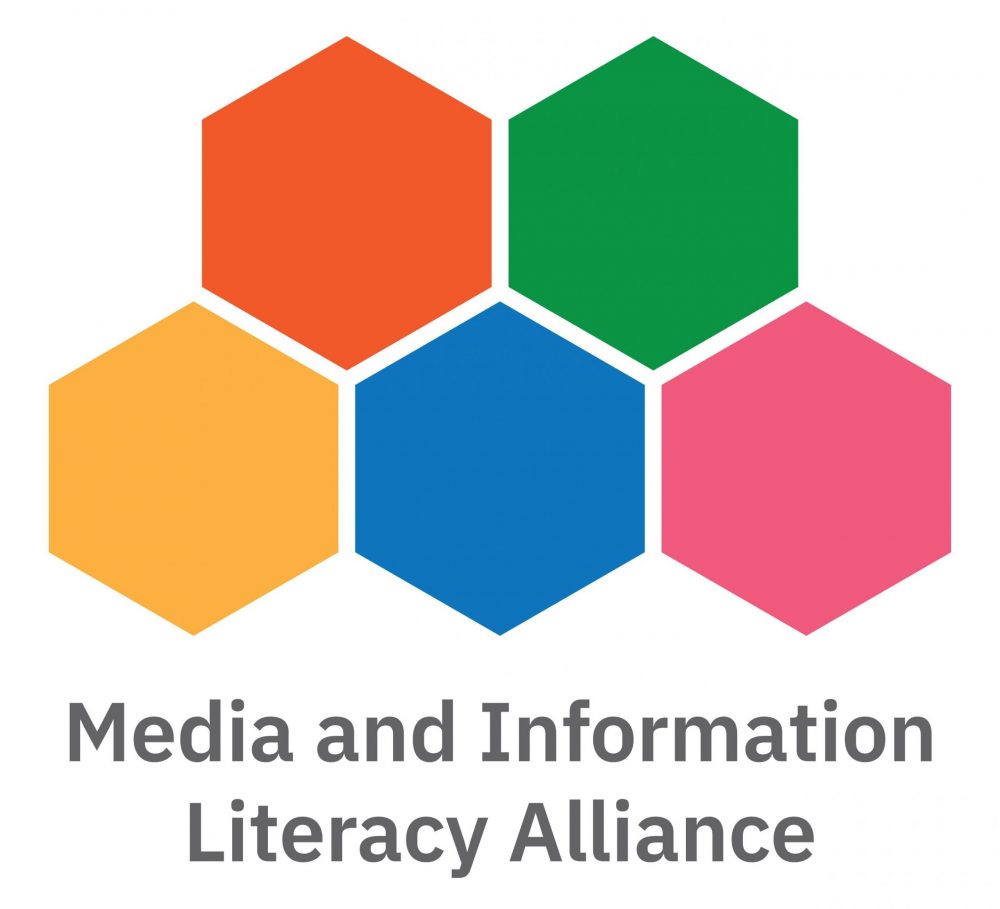The update below has been provided by Stéphane Goldstein.
The Media and Information Literacy Alliance (MILA) has been pursuing its mission to foster collaborations, not least to help develop the evidence base in information literacy (IL) and media literacy. At the end of 2022, MILA commissioned a project, funded by CILIP and the CILIP Information Literacy Group, to produce a comprehensive review of research about the impact of IL on society. That important piece of work has now concluded and a report of its findings can be found on the MILA website. The review was undertaken by Dr Bruce Ryan, Marina Milosheva and Prof Peter Cruikshank at Edinburgh Napier University. Bruce Ryan will be presenting on the project at LILAC, on 26 March.
The review finds that the core research that investigates the role of IL in society is geographically skewed towards the anglosphere and the first world. Education, particularly tertiary education, is significantly over-represented in the IL research literature. Barriers to shaping information-literate populations are raised by issues around IL teaching and structures that could support it, including government (in)action.
Other key findings are:
- IL research covers a very wide range of topics and contexts.
- IL training/education should be delivered by collaboration between librarians and teachers/lecturers, continue throughout education, and be reinforced during careers and lifetimes.
- IL research may have indirect impact, e.g. research into improving medical professionals’ IL does not just affect these professionals but also wider society, i.e. their patients.
- There are missed opportunities for such societal impact, e.g. where medical professionals do not have IL skills and so may not give their patients the best treatment possible; if citizens do not have health information literacy, their health may suffer.
- The review validates many of the findings of the earlier Information Literacy Impact Framework, published in September 2022.
Much IL research delivers snapshots of IL skills in various contexts and geographies. During the project, it was not possible to ascertain if such snapshots had been followed up by investigating subsequent changes and the reasons behind them. Hence an anticipated future project is to understand whether follow-up research has been undertaken, and any barriers to such research. There is a push towards understanding the role of theory in IL. It would be revealing to understand how the core IL research found in this review engages with theory.
The production of this report is an example of how MILA seeks to advance the evidence base in media and information literacy. Facilitating research and drawing research expertise from different professional sectors is one of the Alliance’s broad aims, along with fostering communities of practice and playing an advocacy role. Up until now, MILA has sought to advance such aims whilst operating as a relatively loose network. However, there are limits to what can be achieved through working on an informal basis, and a year ago, MILA’s then-board agreed that the Alliance should set itself up as a legal entity, more specifically as a charity. This would help to enhance its credibility, become better recognised as a key player and increase the chances of securing funding. The process of establishing a charity is quite onerous because of the need to comply with the requirements of charity law. MILA built its case during the summer and autumn, followed by an application to the Charity Commission for England and Wales. The Commission processed the application much more quickly than expected and MILA became formally registered as charity in December (charity nr. 1206054). It has appointed an initial set of trustees: Stéphane Goldstein (InformAll); Dr Melissa Highton (University of Edinburgh); Prof Julian McDougall (Bournemouth University); Vicki Shotbolt (ParentZone); and Caitlin Webb (Local Government Chronicle).
Over the coming months, MILA will work on developing a roadmap for its short to medium term activities, refining its mission and strategy, establishing a consultative body and securing seed funding. This will be a slow, step-by-step process, particularly since MILA does not at present have financial resources. But there is a solid basis, with a growing list of individuals and organisations on its mailing list, and regular interactions with major stakeholders such as Ofcom and the Department of Science, Innovation and Technology (DSIT) – but also with a range of other bodies that includes Arts Council England, Association for Citizenship Teaching, Guardian Foundation, Health Literacy Partnership, Internet Matters, National Literacy Trust, ParentZone and Sense about Science as well as CILIP, the CILIP Information Literacy Group, a variety of librarians from different sectors and academics from over thirty universities. The relationship with Ofcom is likely to be particularly important, given the regulator’s increased responsibilities following the passing of the Online Safety Act in October.
Importantly, MILA does not have a fixed, pre-determined agenda. Its future work and the exact nature of its activities will be determined by the aspirations and needs of its stakeholders, and by opportunities for collaboration that arise. MILA has a collaborative ethos and always welcomes ideas from prospective partners – so please don’t hesitate to come forward with your thoughts if you have ideas for initiatives, projects or outputs that MILA could help to facilitate. You can contact Stéphane Goldstein.
Looking back at recent developments, MILA took part in the 2023 edition of the European Conference on Information Literacy (ECIL), in Krakow, Poland, in October. Jane Secker and Stéphane Goldstein ran a workshop session which sought to draw lessons about how to set up a national initiative focused on promoting media and information literacy. Drawing from the experiences and ideas of an international audience, the workshop explored how any such initiative might develop its persuasive capability, contribute to civic life and resource itself. There are no shortcuts to doing any of this and much of the discussion stressed the importance of judicious networking, being pragmatic about the outcome of its activities and enlisting the support of powerful allies.

